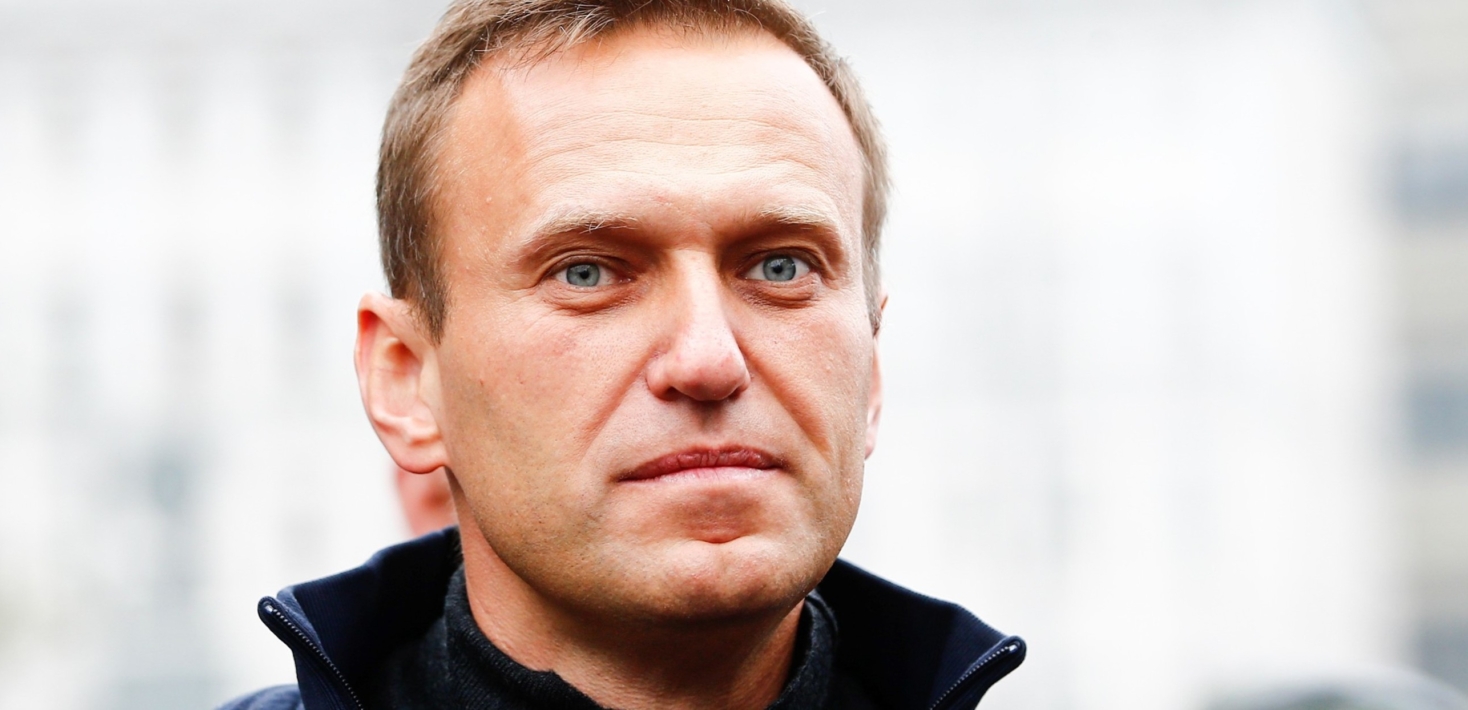Responding to the reports that Aleksei Navalny’s mother has been told her son’s body will not be released except for a secret burial, Agnès Callamard, Amnesty International’s Secretary General, said:
“This is a blatant attempt by the Russian authorities to cause further suffering to an already grieving mother by denying her a chance to bury her son in dignity and according to her own wishes regarding public or private funeral. They are apparently hiding what they have done to him under the guise of having to carry out forensic examination of his body.
“Let there be no doubt. Aleksei Navalny’s death was caused by Russian authorities. Sooner or later, we will know the full truth, and all those responsible must face justice. But in trying to hide evidence of their crimes, the Russian authorities are inflicting nothing short of mistreatment and additional suffering upon Navalny’s family and loved ones.
“By denying Navalny’s mother the right to receive her son’s body and organize a funeral of the family’s choosing, the Kremlin’s cowardice is plain to see. This is nothing more than a feeble ploy to prevent Navalny’s supporters from paying their respect and exercising their right to peaceful dissent against a regime that has shown its ruthless treatment of critical voices.
“We call on the Russian authorities to immediately hand over to the family Aleksei Navalny’s body and give access for an independent investigation into the cause of death, with the involvement of his family. We also demand that all those detained solely for mourning for him or protesting peacefully are immediately released.”
Background
Aleksei Navalny was imprisoned under trumped-up charges in January 2021, on his return from Germany where he was recovering from near-fatal poisoning by a military-grade nerve agent in 2020 in Russia. Once in prison, additional false charges were brought against him, and his unlawful prison term was extended to 19 years. He was sent to a strictest-regime Russian penal colony near the Arctic circle where he was consistently denied adequate medical treatment and sent to punishment cells on 27 occasions for prolonged periods of time, over 300 days in total, for purported disciplinary infringements, such as having a button undone. His conditions in detention amounted to a violation of the absolute prohibition of torture or other cruel, inhuman or degrading treatment or punishment.
On 16 February, the Russian Federal Penitentiary Service (FSIN) reported that Aleksei Navalny became ill after a walk in the prison yard and lost consciousness shortly after. Despite FSIN claims he received immediate attention from medical workers at the penal colony and the arrival of an ambulance crew, all resuscitation efforts allegedly failed, and Navalny was pronounced dead. The FSIN’s statement concluded with an announcement that the causes of death were being established.
In line with the UN Minnesota Protocol on the Investigation of Potentially Unlawful Death, states have an obligation to conduct prompt, impartial and effective investigations into the circumstances and causes of all deaths in custody. Among other key aspects, the authorities must guarantee an independent autopsy by impartial forensic experts and be transparent, allowing scrutiny by international observers and Navalny’s family.
Furthermore, under international human rights standards on, the right to life, deaths in custody create a presumption of state liability that can only be rebutted by a proper investigation.


